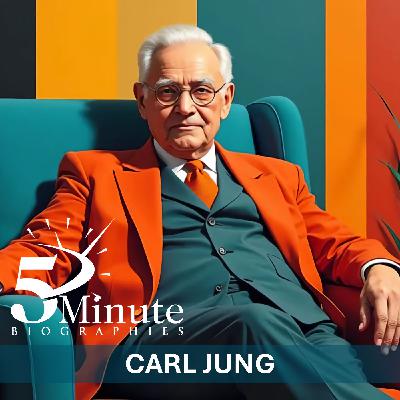Malcolm X
Update: 2025-02-17
Description
In the third episode of season 19 of 5 Minute Biographies, we explore the extraordinary life of Malcolm X, one of the most influential and controversial figures of the American civil rights movement. From his troubled early years to his transformation into a powerful advocate for Black empowerment, Malcolm X’s journey was one of resilience, self-discovery, and unwavering commitment to justice. His powerful speeches, radical views, and eventual ideological evolution left an indelible mark on history. Join us as we take a five-minute look at the man whose words and actions continue to inspire movements for equality and change.
An article supporting this episode can be found on the website at: https://5minutebiographies.com/malcolm-x or why not take a look at our YouTube channel at https://5minutehistory.com/youtube/
Please consider supporting the show by subscribing. If you would like to support me more directly by, say, buying me a coffee, please head on over to http://www.5minutebiographies.com/coffee to see how.
Check out our other 5 Minute podcasts:
5 Minute History
5 Minute Disasters
5 Minute Murder
5 Minute Mysteries
5 Minute Warfare
An article supporting this episode can be found on the website at: https://5minutebiographies.com/malcolm-x or why not take a look at our YouTube channel at https://5minutehistory.com/youtube/
Please consider supporting the show by subscribing. If you would like to support me more directly by, say, buying me a coffee, please head on over to http://www.5minutebiographies.com/coffee to see how.
Check out our other 5 Minute podcasts:
5 Minute History
5 Minute Disasters
5 Minute Murder
5 Minute Mysteries
5 Minute Warfare
Comments
In Channel
























